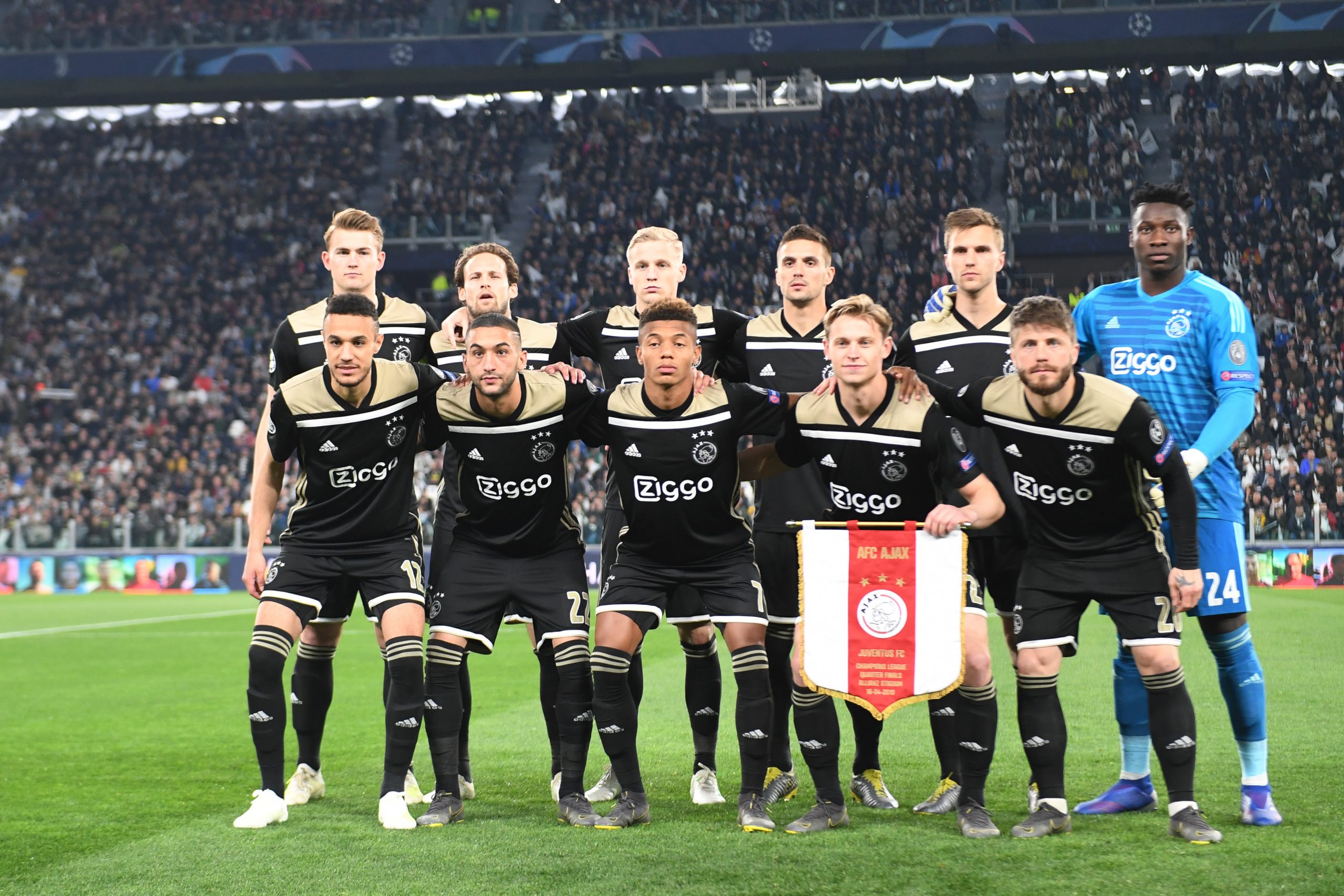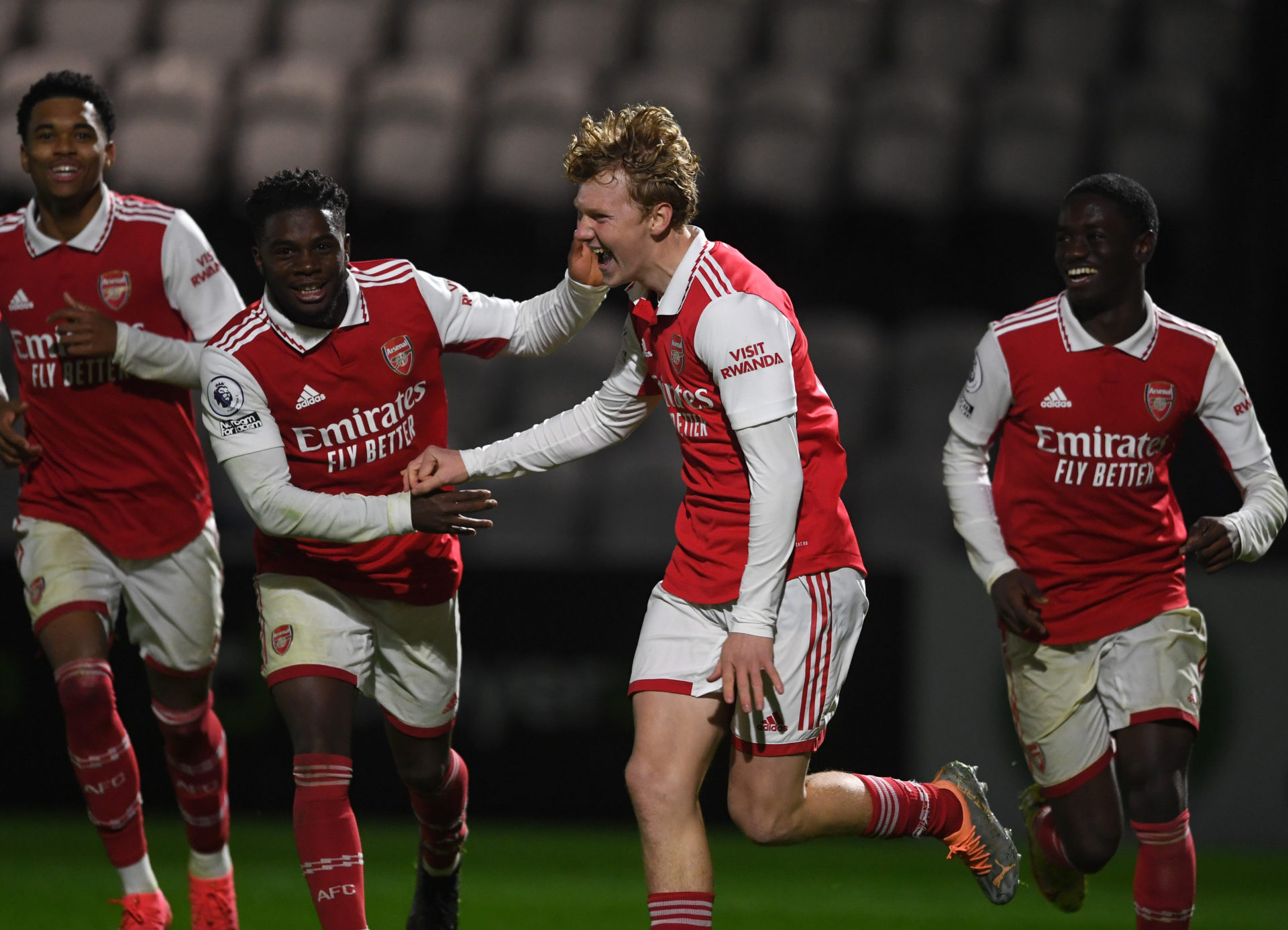From Grassroots to Glory: The Inspiring Journeys of Champions League Underdogs explores the captivating stories of teams that defied expectations and achieved remarkable success in Europe’s elite club competition. This examination delves into the defining characteristics of a Champions League underdog, analyzing the strategic approaches, team dynamics, and external factors that contributed to their improbable triumphs. We’ll examine specific case studies, highlighting the tactical innovations and unwavering team spirit that propelled these underdogs to unexpected glory.
The article will dissect the psychological advantages and disadvantages of being labeled an underdog, exploring how these perceptions influenced both the teams themselves and their opponents. Furthermore, we will investigate the lasting impact of these underdog victories, not only on the world of football but also on the broader societal narrative of perseverance and overcoming adversity. The analysis will provide valuable insights into the factors that contribute to success, both on and off the field, offering lessons applicable far beyond the realm of professional sports.
Defining “Underdog” in the Champions League Context
The term “underdog” in the Champions League carries a specific weight. It transcends a simple ranking in a domestic league; it encapsulates a confluence of factors that paint a picture of a team facing seemingly insurmountable odds. This definition considers pre-tournament expectations, historical performance in the competition, and the relative strength of the team compared to its group and knockout stage opponents.
Underdog Narratives in the Champions League, From Grassroots to Glory: The Inspiring Journeys of Champions League Underdogs
Several distinct underdog narratives emerge within the Champions League. One type involves teams from smaller leagues punching above their weight, like Leicester City’s improbable run to the quarterfinals in 2017. Another involves teams exceeding expectations based on their domestic league form, such as Ajax’s remarkable semi-final appearance in 2019 despite a relatively weaker Eredivisie. Finally, there are teams with a history of underachievement in the Champions League who suddenly break through, defying their past performances.
The psychological impact of being labeled an underdog is a double-edged sword. The lack of pressure can foster a more relaxed and creative playing style, allowing for unexpected tactical flexibility. However, the inherent belief in the opponent’s superiority can also lead to self-doubt and a hesitancy to take risks. Strategically, underdogs often employ counter-attacking strategies, aiming to exploit gaps in their opponent’s defense rather than dominating possession.
Case Studies: Iconic Underdog Journeys: From Grassroots To Glory: The Inspiring Journeys Of Champions League Underdogs
Several teams have defied the odds to achieve remarkable success in the Champions League. Analyzing their journeys provides valuable insights into the factors contributing to underdog victories.
| Team | Year | Notable Opponents | Key Moments |
|---|---|---|---|
| Ajax | 2018-2019 | Real Madrid, Juventus, Tottenham Hotspur | Stunning comeback against Real Madrid in the Round of 16, narrow defeat to Tottenham in the semi-final despite dominating possession. |
| Porto | 2003-2004 | Manchester United, Lyon, Deportivo La Coruña | Upsetting Manchester United in the group stage, defeating Deportivo in the quarter-final and reaching the final. |
| Leicester City | 2016-2017 | Sevilla, Porto | Victories over Sevilla and Porto in the knockout stages, demonstrating their ability to compete at the highest level. |
A comparative analysis reveals that these teams, despite differing tactical approaches, shared a common thread: unwavering belief and exceptional team spirit. Ajax, under Erik ten Hag, employed a high-pressing, possession-based style, while Porto, under José Mourinho, focused on a more pragmatic, counter-attacking approach. Leicester City, under Claudio Ranieri, relied on a resilient defensive structure and opportunistic attacking play.
The Role of Team Spirit and Unity
Team cohesion is paramount for underdog teams. A strong sense of unity and unwavering belief in each other can compensate for perceived skill deficiencies. The shared adversity of facing overwhelming odds forges strong bonds and creates a resilient unit capable of exceeding expectations.
- Shared Goals and Values: A clearly defined collective goal and a shared set of values help bind the team together.
- Open Communication: Fostering open and honest communication between players and coaches is crucial.
- Strong Leadership: Effective leadership from both coaches and senior players inspires confidence and motivates the team.
- Celebration of Successes: Acknowledging and celebrating small victories helps build momentum and maintain morale.
Tactical Innovations and Strategic Masterstrokes

Underdog teams often surprise their opponents through tactical innovation and shrewd strategic decisions. Ajax’s possession-based game, for instance, caught many opponents off guard, overwhelming them with their intricate passing and movement. Porto’s defensive solidity and clinical counter-attacks were similarly effective in neutralizing stronger opponents.
This tactical flexibility and adaptability contrasts sharply with the often more rigid approaches of established giants. Underdogs are often forced to be more resourceful, leading to creative solutions on the pitch.
The Impact of External Factors

External factors can significantly influence an underdog’s performance. Injuries to key players, controversial refereeing decisions, and even unexpected events can derail a team’s momentum. Similarly, intense media scrutiny, pressure from fans, and sponsor expectations can impact morale and performance.
- Positive External Factors: Supportive media coverage, passionate fan support, and timely reinforcements.
- Negative External Factors: Key injuries, controversial refereeing decisions, intense media pressure.
The Legacy and Inspiration of Underdog Victories
Underdog victories in the Champions League have a lasting impact, inspiring future generations of players and teams. These triumphs transcend the sporting arena, resonating with broader societal themes of perseverance, resilience, and the belief that even the most improbable goals can be achieved. They serve as powerful reminders that hard work, dedication, and unwavering belief can overcome seemingly insurmountable odds.
Check Dortmund Stuns Barcelona: Unlikely Win Shocks Camp Nou to inspect complete evaluations and testimonials from users.
The journeys of Champions League underdogs offer a compelling testament to the power of teamwork, strategic brilliance, and unwavering belief. Their unexpected victories serve as an inspiration, demonstrating that with the right combination of skill, determination, and a little bit of luck, even the most improbable dreams can be realized. These narratives transcend the sporting arena, offering a powerful message of hope and resilience applicable to all aspects of life.
The enduring legacy of these underdogs reminds us that the greatest victories are often forged in the face of adversity, proving that sometimes, the greatest battles are won not by the giants, but by the Davids.


